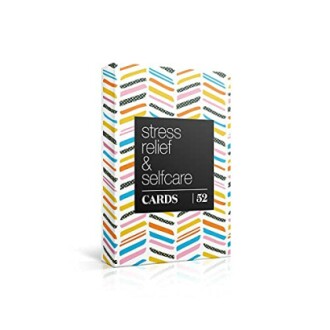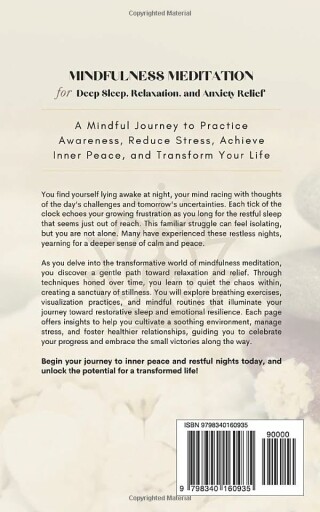
How to Incorporate Mindfulness into Your Weight Loss Journey
- Integrating mindfulness practices can help improve your emotional well-being.
- Mindful eating encourages better food choices and portion control.
- Mindfulness can reduce stress, which negatively impacts weight loss.
- Simple meditation techniques can increase awareness of hunger and fullness cues.
Incorporating mindfulness into your weight loss journey can dramatically enhance your efforts. Mindfulness focuses on being present and fully engaging with your thoughts, feelings, and experiences. It helps you make healthier choices, reduces emotional eating, and fosters a better connection with food and your body.
Understanding Mindfulness
Mindfulness is a state of active, open attention to the present. When applied to your weight loss journey, it involves being aware of your eating habits, cravings, and emotional triggers without judgment. This awareness can lead to healthier decisions and the ability to pause before indulging in unhealthy food choices.
Benefits of Mindfulness in Weight Loss
- Improved emotional resilience
- Better control over cravings
- Enhanced self-awareness regarding eating habits
- Reduced stress levels
- Increased satisfaction with food
Mindful Eating Techniques
Transitioning to mindful eating is simple yet effective. Here are some practical techniques to try:
- Slow Down: Take your time while eating, savor each bite, and put your fork down between bites.
- Eliminate Distractions: Eat at the table and avoid screens to focus on your meal.
- Assess Hunger Levels: Before eating, rate your hunger on a scale from one to ten to determine if you are genuinely hungry.
- Chew Thoroughly: Chew your food well before swallowing. This aids digestion and makes you feel full faster.
- Practice Gratitude: Before your meal, take a moment to reflect on the food's source and appreciate your meal.
Mindfulness Tools to Aid Your Journey
Utilizing tools can further enhance your mindfulness practice. Here are some recommended products:
Allura & Arcia 52 Stress Less & Self Care Cards
A self-care deck containing 52 effective exercises designed for mindfulness, meditation, anxiety relief, stress management, and relaxation.
Learn MoreMindsight 'Breathing Buddha' Guided Visual Meditation Tool
A meditation tool for adults and kids that encourages deep breathing and mindfulness practices to promote relaxation.
Learn MoreMindfulness Meditation for Deep Sleep, Relaxation, and Anxiety Relief
A book designed to help practice awareness and reduce stress while transforming your life.
Learn MorePracticing Mindfulness Regularly
Consistency is vital in making mindfulness a habit. Consider the following tips:
- Set a Daily Reminder: Allocate a specific time for mindfulness practices each day, even if it's just a few minutes.
- Use a Meditation App: Plenty of apps can guide you through meditation and mindfulness exercises.
- Join a Community: Connecting with others who practice mindfulness can provide motivation and support.
Exploring Other Resources
For more information on nutrition, meal prep, and emotional eating, check out these resources:
- Introduction to Easy Diets
- Mindful Eating Practices
- Tackling Emotional Eating
- Easy Low-Calorie Recipes
- Meal Planning Simplified
Conclusion
Incorporating mindfulness into your weight loss journey can transform your relationship with food and help you achieve your goals. By practicing mindfulness techniques and utilizing helpful tools and resources, you can increase your awareness of eating habits and make healthier lifestyle choices. Start small, stay consistent, and enjoy the journey towards a healthier, more mindful you!
Tips for Beginners
- Practice mindfulness for just 5 minutes a day and gradually increase your time.
- Keep a food journal to track your meals and your feelings during the process.
- Focus on the colors and textures of your food to enhance the sensory experience.
- Don’t be too hard on yourself; mindfulness is a practice, and it's about progress, not perfection.



